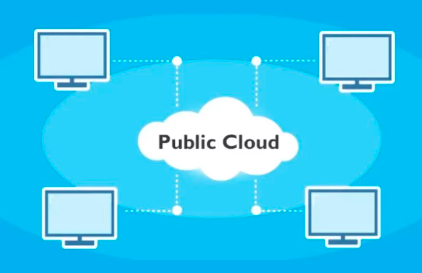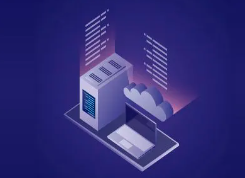
Hybrid Cloud
A combination of different cloud environments that enables you to build and manage data across any cloud with a common platform
A hybrid cloud is a cloud computing environment that uses a mix of on-premises, private cloud, and third-party, public cloud services with orchestration between these platforms. This typically involves a connection from an on-premises data center to a public cloud. The connection also can involve other private assets, including edge devices or other clouds. To understand what hybrid cloud is, it is essential to know the key differences between public, private, and hybrid cloud.
Hybrid Cloud

Public Cloud
One of the most common cloud computing types, public cloud services, is third-party offerings that incorporate various cloud resources. Public clouds are owned, maintained, and managed by third-party cloud service providers, such as Microsoft Azure.
Organizations that use a public cloud computing solution are often referred to as a "cloud tenant". They access the same infrastructure, network devices, storage, and hardware as other enterprises on the public cloud network.


Private Cloud
In a private cloud computing environment, only one organization uses the cloud resources. Infrastructure and services are managed in-house, on a private network, with software and hardware exclusively tailored for a single user.
Private clouds, often deployed by financial institutions and government agencies, provide enhanced security and a simple way to customize resources for a range of IT-specific needs.


Benefits of Hybrid Cloud
Improved Operational Power
Enhanced Automation
Provides the Perfect Balance
Scalability and Security
The enhanced computing power offered by the mix of private and public cloud environments allows organizations to deal with diverse data categories.
The public cloud computing model simplifies the process of running advanced analytics programs and innovating new applications.
The hybrid cloud allows organizations to automate the deployment of resources, ensuring accurate resource allocation when scaling the infrastructure.
The public cloud feature offers a highly scalable architecture, while the private cloud element provides tight security for sensitive information.
Flexibility and Versatility
Hybrid cloud architecture offers flexible scalability between on-premises and public cloud, giving businesses control over systems, security, and policies, with anytime, anywhere resource access.
In today’s competitive landscape, hybrid cloud enables rapid prototyping, development, and product releases with on-demand resources, helping businesses quickly adapt to threats, needs, and changes.
A Unique Combination












Features of Hybrid Cloud
Bottleneck Possibilities
Security Complications
Lack of Clarity







Contact Us
Get in touch for Hybrid Cloud Solutions and services.
Digitize & Digitalize
Follow us on our social media and transform documents, content, workflow, automation and build insights.
Contact us
SUBSCRIBE TO OUR NEWSLETTERS
Email: info@resemblesystems.com
KSA: +966508604998 UAE: +971506282832 INDIA: +919611501934
© 2024. Resemble Systems, All rights reserved.
Saudi Arabia
Resemble Systems for Information Technology
302 B, Akaria 1, Musa Bin Nusair St, Olaya, Riyadh. Mobile: +966508604998
United Arab Emirates
Resemble Computer Software Trading LLC
Block A, Business Village, 8th Floor, Deira, PO Box 118859, Dubai. Mobile: +971506282832
India
Resemble Systems India Pvt Ltd
1st Floor, VP Chambers, Koramangala 3rd Block, Bangalore, Karnataka. Mobile: +919611501934
